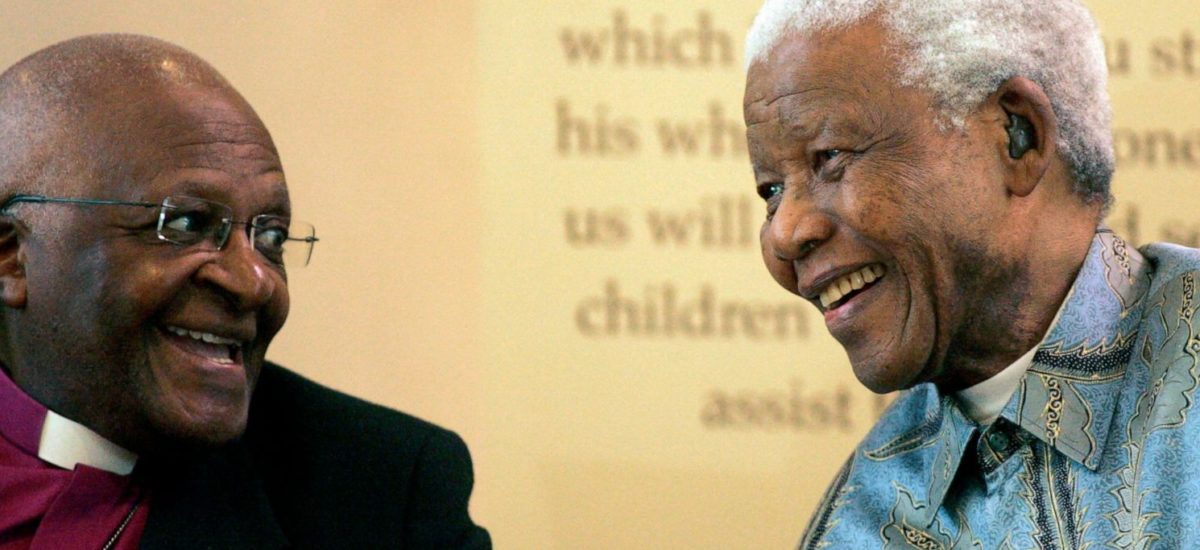Photo courtesy of ABC News
Archbishop Desmond Tutu who passed away this week will be counted among the great human beings who contributed to the political transformation of his own country and a person who revolutionised the idea of achieving equality under the most difficult of circumstances.
His significant achievement, together with his colleagues, is linked to his ability to revive the moral universe as against the prevailing materialistic world outlook. He promoted the idea of universality among human beings irrespective of colour, creed or gender. Born and bred in one of the most repressive countries of his time, South Africa, under the brutal and dehumanising system of apartheid, he gave leadership to the struggle to end the discriminatory regime that ruled with the use of widespread violence.
However, in that struggle and after the victory against apartheid, Desmond Tutu showed the capacity for embracing the enemy forces and developing spaces for reconciliation while at the same time restoring the dignity of the much humiliated people who were his own. The breadth of his vision was shown in the many roles he played in dealing with a difficult problem that, if not for interventions by him and his colleagues, would have led to one of the worst bloodbaths in the world. He and his colleagues managed the crisis with wisdom and courage as well as compassion and forgiveness.
Desmond Tutu is not just a South African figure. He brought his vision to the global stage. A man gifted with enormous humour and oratorical skills, he brought the message of the universal values of humanity, transcending the limitations of colour, creed, gender and all other forms of distinctions. His contribution to a practical understanding of the way to struggle for equality, liberty and fraternity within the modern global context will remain an example worthy of emulation of all those who resist the deviance that besets the world at the moment. Desmond Tutu is not a mere figure of the past; he is a man for the present and for the future. Truly, he is a man for all times.
Desmond Tutu, by his own example, showed that human dignity does not belong to any particular race or colour. He could stand with any company, asserting his dignity and showing the capacity of his people to be no less than anyone else.
Among his many contributions, one of the greatest is the conceptualising and the practice of the Truth and Reconciliation Commission of South Africa. While the righteous were justly demanding vengeance against the vanquished white minority for their unimaginable cruelties, he was able to demonstrate great wisdom in dealing with the vanquished enemy. To bring the vanquished into the community and to ensure that they played a role within the nation while their expressing genuine regret for their despicable behaviour was an achievement unique to the world.
In the last years of his life, he devoted his time to pursuing the cause of equality and the furtherance of understanding among people by promoting human rights throughout the world. He was the elder statesman among the community of elders who constantly made interventions by expressing their views on world affairs.
The total impact of his life can be summed up through his intervention to restore the moral universe that is under threat everywhere. He put forth his religious vision in a way that embraced all humanity and transcended human weaknesses and limitations. As the world is today searching for solutions to problems that are perceived as insurmountable, the example given by Desmond Tutu in renewing the moral universe could be a guiding principle for everyone who pursues peace and a better future for humanity as a whole.


